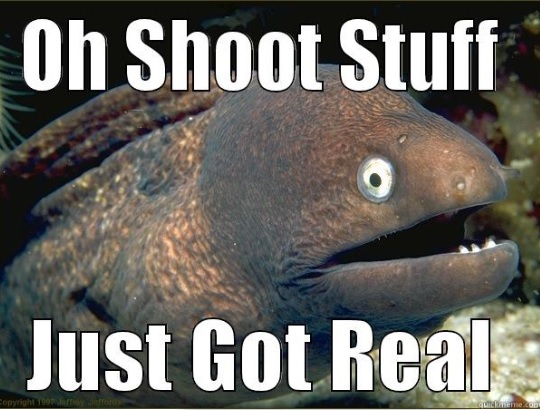Well, tarnation! Here’s where fake bad words come from
Medical Pharmaceutical Translations • Aug 14, 2020 12:00:00 AM

Do you say “shoot” in lieu of a similar-sounding obscenity? Do you laugh at the clever use of words like “fork” and “bench” that replace bad words on the show “The Good Place”?
If so, you’re a fan of what are known as “minced oaths”. In a recent article, linguistics professor Kirk Hazen explores their origins (at least in English and Quebecois) and how they’re used today.
There are lots of fun facts along the way, not to mention surprises. For instance, the somewhat obscene British word “bloody” does not actually seem to have originated as a blasphemous reference to the wounds of Christ; it was given that meaning centuries after it was first used.
Another surprise (which may not actually be a surprise to those of us who can’t seem to replace real obscenities with minced oaths) is that these replacement words don’t offer the total release of uttering their “forbidden” counterparts. Hazen cites Emma Byrne, author of the book Swearing is Good for You, who’s found that the taboo element behind curse words is part of what gives them therapeutic qualities.
Read on to learn more about the fricking fascinating world of minced oaths.
Contact our writer – Alysa Salzberg
